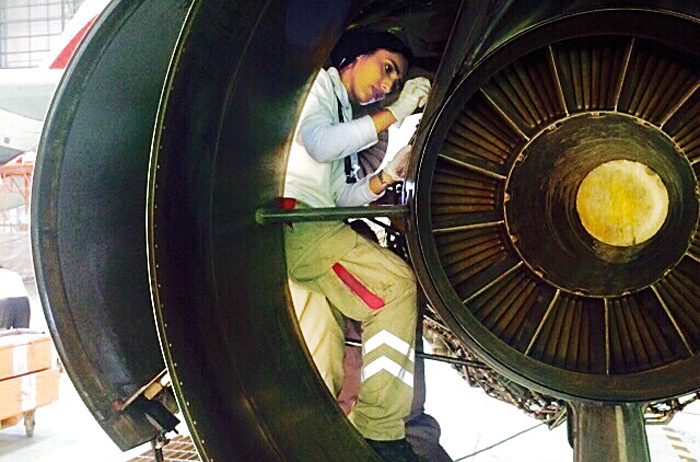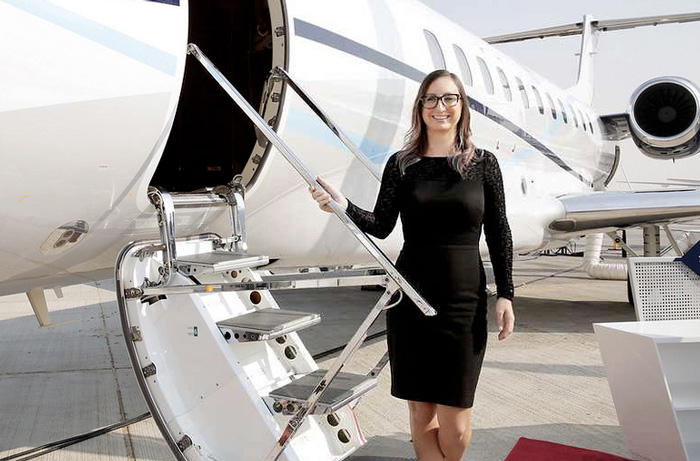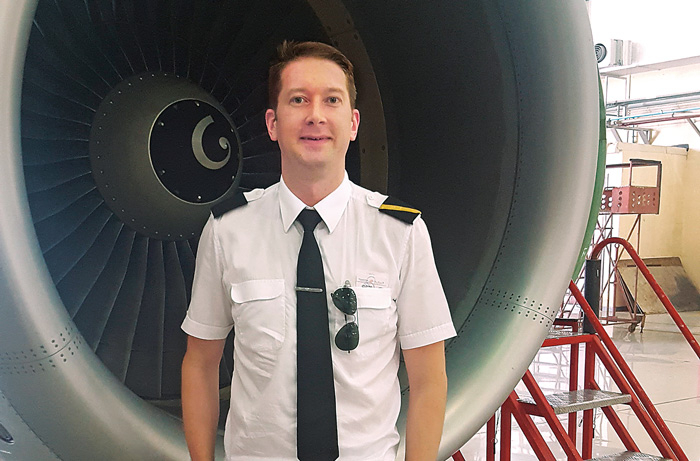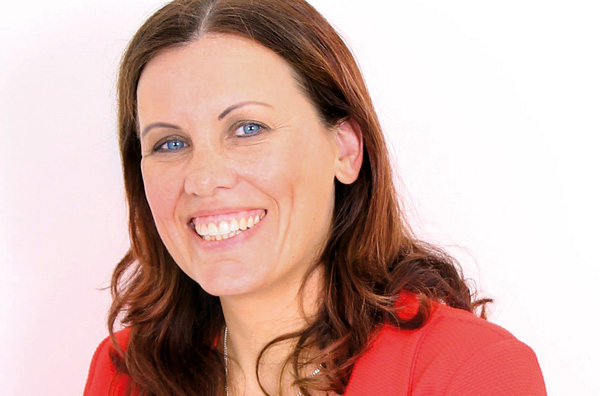The UAE’s geography means it has long been considered an international travel hub. In 2014, Dubai International Airport overtook London Heathrow as the world’s busiest for international travellers, and with strong government and industry focus it looks set to stay at the top of global aviation.
For those considering a career in this exciting and demanding industry, there are many entry points, says Life Coach Sarah Anthony, who has been a cabin purser and has ten years’ experience in the airline industry. These range from the airline pilot and on-board crew to a whole host of ground-based jobs, she tells GN Focus.
“You have those who work in customer-facing roles such as your check-in staff but then there are also those you don’t see behind the scenes — the baggage handlers, ramp agents, maintenance technicians, mechanics, engineers and security staff. Then of course, there are the office-based staff also,” says Anthony.
Not plane sailing
The most high-profile role in aviation, of course, is that of a professional pilot, and one that many little boys and girls dream of, just like American Kevin Fitch who says he wanted to fly planes since the age of five.
Fitch is now a 47-year-old corporate captain with 28 years’ experience and more than 10,000 flight hours to 33 countries. His best advice to those wanting to become a pilot is to maintain “unwavering determination”.
“Obtaining a four-year degree is very helpful when applying for jobs, as well as understanding that aviation is a global industry, so make the entire globe your job marketplace,” he says.
However, those with qualifications in other areas, such as marketing or management, can also find jobs in the sector. The business of aviation relies on commercial executives such as 31-year-old Catherine Buchanan, who is Chief Commercial Officer of the boutique charter airline Vertis Aviation.
She finished a BSc (honours) in Aviation Technology and Management from the University of Leeds, which included Aeronautical Engineering and the Air Transport Pilots License exams, then entered the industry as an aircraft broker, someone who mediates the sale, purchase or charter of aircraft.
“I originally wanted to be a pilot but whilst studying at university, was offered a job in the general aviation sector and have never looked back,” she says. “I have my Private Pilot’s License, which I have held for 12 years, and fly in my spare time as a hobby.”
Her advice to students: Focus on physics and maths at school to be able to study a BSc or BEng at university.
Learning to fly
Thirty-four-year-old Joe Whitehead has just completed ground school with the Air Arabia MPL Cadet Pilot Programme, an intensive course of classroom study that runs five days a week over eight months.
He decided to follow his lifelong dream after working in the corporate sector for several years and being made redundant from his job in oil and gas, but the transition hasn’t been easy.
“The hardest part for me was going from a senior management position in a huge corporation to wearing a uniform and being told what to do. I’m constantly looking for ways to improve efficiency and do things better but nobody wants to listen to a cadet, no matter their background. I just had to learn to shut up and do what I was told.”
But Whitehead is adamant that building his flight hours and working towards the position of captain will provide great benefits.
Anthony concurs. “Travel is the obvious benefit especially for those who work as flight crew. Also, every day is different, with new challenges. You meet different people.”
She does warn of the drawbacks, many of which may not be apparent from the outside. “There’s a need to know how to diffuse difficult situations with angry or irate customers when there are delays or baggage gets lost. There are long working hours away from home, and some jobs are very physically demanding. As crew in particular, you have to stay switched on in terms of safety and service, regardless of how tired you may be.”
Fitch agrees interpersonal skills are just as important as technical ones. “As a captain, it is important to remember that you set the tone for your crew, be it positive or negative. Always be teachable and never assume you know everything. Read personality books and be able to get along with all temperaments, this makes work and communication with both customers and colleagues better, this in turn makes for a safer, happier environment,” he says.
Six places to study aviation
Emirates Aviation University
A range of courses for those wanting to learn to fly or advance their aviation careers. Pilot training is offered through an EASA Pilot Training programme with integrated BSc (honours) degree in Air Transport Management. Eau.ac.ae
Abu Dhabi Aviation
Offers a range of training courses that include pilot, engineer and cabin crew training, as well as ancillary programmes such as CRM, Human Factors for Engineers, Dangerous Goods, Crew Fire Fighting and First Aid. Abudhabiaviation.com
Academy of Technical Training
The Diploma in Aviation Management provides information on building a safety programme, and the economics of the aviation industry. Attdubai.com
Aviation Training Centre — Dubai
Offers academic and vocational courses including safety and security, air cargo training, aircraft maintenance and risk management. Atcdubai.com
Sharaf Aviation Services Academy
IATA-approved courses from top-level introductions to the airline industry to highly specialised technical training courses. Sharafacademy.com
Gulf Centre for Aviation Studies
Based at Al Bateen Executive Airport in Abu Dhabi, GCAS pitches itself as one of the few aviation training centres in the world located in an operational airport. Gcas.ae
















